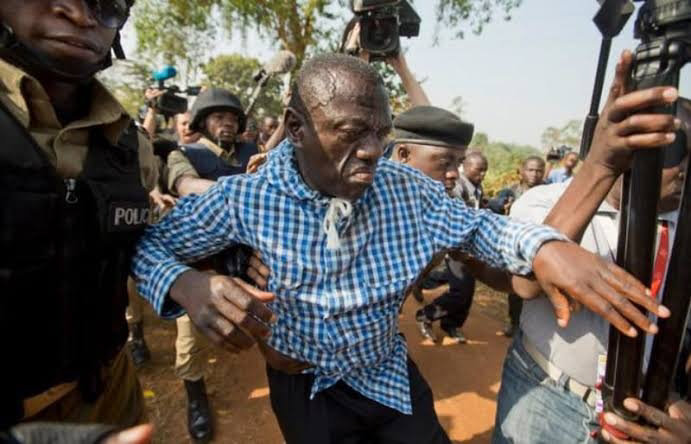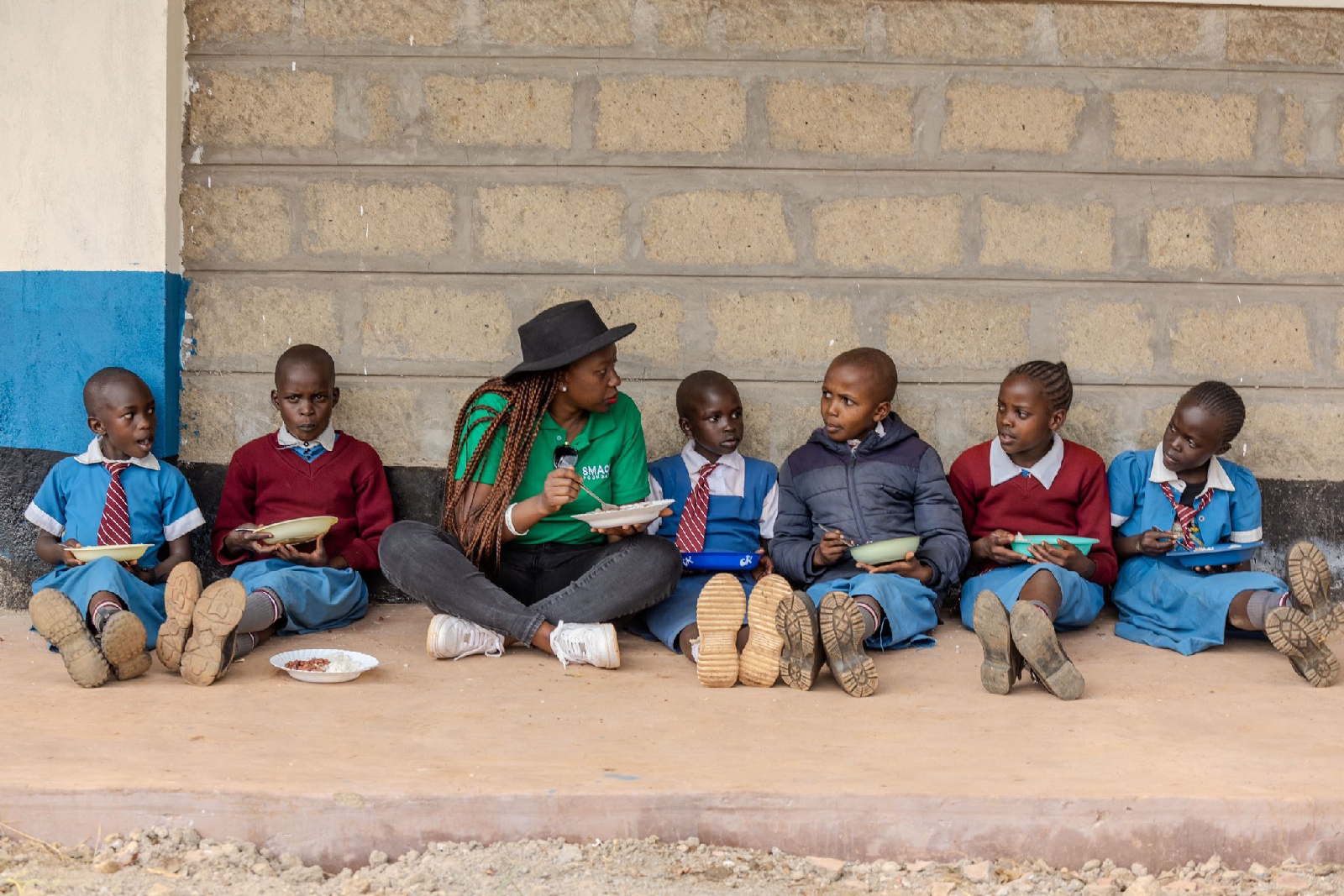Black Colonialism: The Betrayal of African Liberation Dreams
When Africa’s brave sons and daughters rose against colonial rule, they did so with dreams of freedom, dignity, and self-determination. From the blood-soaked battlefields of Kenya’s Mau Mau uprising to the resistance movements in Uganda, Congo, and beyond, the fight was driven by a hunger for justice and self-governance. The hope was that once the colonial chains were broken, African nations would finally chart their own paths, fostering prosperity and equality for all.
Yet, decades after independence, many Africans find themselves grappling with a haunting question: Did we fight so hard just to replace white colonialists with black oppressors? Today, the tragedy is not foreign domination but the betrayal by leaders who, instead of serving their people, have become the new oppressors—entrenching themselves in power, plundering resources, and silencing dissent.
This is the painful reality of black colonialism, where those entrusted with the dreams of independence have morphed into the very tyrants their nations fought to overthrow. Across the continent, from Uganda to Kenya and the Democratic Republic of Congo (DRC), the people’s dissatisfaction is a resounding indictment of leadership failure and the erosion of democratic ideals.
The Death of Democracy Under Museveni’s Rule
Uganda’s history is one of resilience, with figures like Dr. Kizza Besigye symbolizing the struggle for true democracy. Once an ally of President Yoweri Museveni during the National Resistance Army (NRA) bush war that brought Museveni to power in 1986, Besigye later became one of his fiercest critics. His journey from a revolutionary comrade to an opposition leader under siege illustrates the tragic betrayal of Uganda’s liberation promise.
Museveni’s iron-fisted grip on Uganda has transformed what could have been a democratic beacon into an authoritarian state. Besigye has faced years of harassment, arrests, and state-sponsored violence—his crime being nothing more than daring to challenge the status quo. The government’s fear of Besigye’s influence has led to crackdowns on opposition, stifling freedom of speech, and manipulating elections to maintain Museveni’s reign, which has lasted nearly four decades.
The situation becomes even more disturbing when considering the growing presence of dynastic politics. Museveni’s son, General Muhoozi Kainerugaba, has been rapidly promoted within the military ranks, fueling concerns about a looming family dynasty. The idea that Uganda’s presidency might soon be passed from father to son is not just undemocratic—it reeks of monarchy, disguised under the pretense of a republic.Ugandans fought for freedom, not for a new form of colonialism led by a homegrown strongman who has entrenched himself in power at the expense of the nation’s democratic future. The dream of self-rule has, for many Ugandans, become a nightmare of state oppression and elite impunity.
The Betrayal of Public Trust and Economic Plunder
In Kenya, the illusion of democracy is marred by rampant corruption and economic mismanagement. While the nation’s Constitution and vibrant media create the facade of a functional democracy, the reality for millions of Kenyans is far grimmer.
The introduction of the Social Health Insurance Fund (SHIF)—intended to replace the National Hospital Insurance Fund (NHIF)—was marketed as a revolutionary step toward universal healthcare. Yet, instead of easing the financial burden on citizens, SHIF has become another symbol of public betrayal. Reports of billions being funneled into corrupt hands, even as hospitals struggle and patients die due to lack of funds, highlight the shocking disregard for public welfare.
Meanwhile, political elites engage in grand campaigns, throwing obscene amounts of money into personal ambitions, such as lobbying for the African Union Commission (AUC) Chairmanship. While hospitals lack medicine and citizens drown in poverty, billions are spent on political vanity projects. How can leaders justify such extravagance when ordinary Kenyans are taxed to the bone, only to watch their hard-earned money siphoned off for political games?
Kenyans fought for independence, hoping to break free from colonial economic exploitation. Yet, decades later, it feels as though the nation is trapped in a cycle of economic colonization—this time by its own leaders.
Democratic Republic of Congo (DRC): A State in Perpetual Conflict
The DRC stands as one of Africa’s most tragic stories of leadership failure. Despite being blessed with immense natural wealth—cobalt, gold, and diamonds—the nation remains engulfed in poverty, instability, and violence.
Today, over 25 rebel groups operate within the DRC, a clear indication of widespread dissatisfaction and government failure. Rather than addressing the root causes of this chaos—poverty, corruption, and political exclusion—the Congolese leadership has often prioritized its interests over the welfare of its citizens.
The ongoing conflicts have displaced millions, with women and children bearing the brunt of the violence. Despite hosting some of the richest mineral reserves in the world, which power the global tech industry, the Congolese people see little benefit from their nation’s wealth. Instead, elites enrich themselves while foreign powers and multinational corporations continue to exploit the country's resources—often with the silent consent of those in power.
What was the point of ousting colonial masters if the people continue to suffer under a government that has failed to deliver peace, justice, or economic dignity?
The Cycle of Betrayal Across Africa
These examples from Uganda, Kenya, and the DRC are not isolated. Across Africa, a disturbing pattern emerges: leaders who rise to power promising freedom and prosperity often become the very tyrants they once opposed.
In Zimbabwe, Robert Mugabe’s transition from liberation hero to authoritarian ruler left a nation broken by economic collapse and political repression. In Cameroon, President Paul Biya has clung to power for over four decades, fostering a climate of fear and stagnation. Even in Nigeria, Africa’s most populous nation, corruption and mismanagement have left citizens questioning the meaning of their hard-won democracy.
The common thread? A betrayal of the liberation promise. The struggle against colonialism was meant to usher in a new era of African self-determination, yet many of today’s leaders have simply replicated the oppression of the past—this time under the banner of sovereignty.
Is There Hope for True Liberation?
The growing dissatisfaction across Africa signals a continent at a crossroads. Young people, who make up the majority of Africa’s population, are increasingly disillusioned by leadership that serves the elite while neglecting the masses.
However, history has shown that no dictatorship lasts forever. In Sudan, mass protests led to the ousting of Omar al-Bashir after three decades of rule. In Zambia, the peaceful transition of power in 2021 showed that democratic change is still possible through the ballot box.
For true liberation to be realized, several steps are essential:
- Strengthening Democratic Institutions: Electoral bodies, courts, and parliaments must operate independently, free from the grip of political elites.
- Holding Leaders Accountable: Anti-corruption efforts must target everyone, regardless of rank or political affiliation.
- Empowering Civil Society: Activists, journalists, and ordinary citizens must be protected and given space to speak out against injustice.
- Investing in Education and Economic Opportunities: A well-informed and economically empowered populace is the strongest defense against tyrannyReclaiming Africa’s Liberation Dream
The scars of colonialism still run deep across Africa. Yet, what’s even more painful is seeing those scars deepened by leaders who were meant to heal them.
The current wave of dissatisfaction, whether it’s in Uganda’s oppressive regime, Kenya’s economic betrayal, or the DRC’s enduring conflict, speaks to a larger truth: political independence without accountability is meaningless.
African nations must break free from this new form of colonialism—one imposed by local elites who have forgotten the very reason they fought for independence. The dream of liberation can still be reclaimed, but it will require courage, resilience, and a renewed commitment to the ideals of freedom, justice, and true democracy.
The fight against oppression never truly ended; it merely changed faces. The question for Africans today is clear: Are we ready to finish what our ancestors started?











Comments
Post a Comment